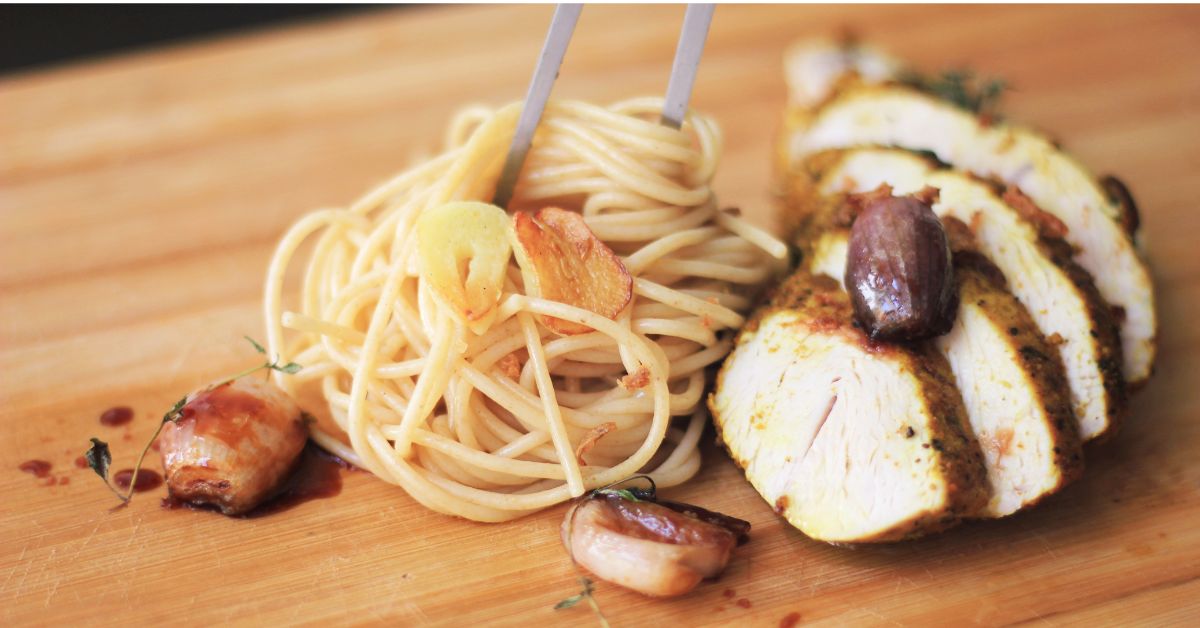At present, Crohn’s disease and ulcerative colitis are a type of inflammatory bowel disease (IBD) which are poised to become global epidemics. Primarily, IBD is characterized by the repetitive inflammation of the gastrointestinal tract, and it can occur following an abnormal immune response to ordinary stimulus like food. Consequently, for IBD patients, diet plays a key role in affecting their disease outcomes. In fact, a Nutrients study states that dietary patterns, food level, and nutrient level should be taken into account to create an effective dietary intervention for IBD patients.
On that note, this article has listed down four important ingredients that you should incorporate into your meals during and after an IBD flare.
Lean proteins
According to a 2021 National Library of Medicine report on the diet of IBD patients, a higher protein intake is essential in the treatment of these individuals. This is due to protein losses caused by the inflammation in the gastrointestinal tract. Concerningly, when IBD patients consume an inadequate amount of protein, it can also lead to muscle mass loss. As such, ensure that you’re eating enough lean proteins—such as eggs, chicken breast, and tofu. To better digest these ingredients, make sure they’re soft. Instead of frying, say, chick breast, consider boiling it and preparing it in a soup. Food and Wine recommends using a makeshift double boiler, which you can create with a stainless steel bowl. This way, the chicken will end up really tender and easy to chew, and won’t cause stress for your IBD flare.
White rice
During an IBD flare, it can be hard to digest or keep down food. This is why you’ll want to stick with bland choices such as white rice that won’t exacerbate abdominal pain. As shared by the referenced Nutrients study, IBD patients who consumed rice were observed to have an enhanced immune response. Now, if you find it difficult to move around with your condition, then don’t worry. Rice cookers enable you to easily and conveniently prepare the ingredient. In addition, they are multifunctional, so you’re free to create a variety of rice dishes—like porridges or rice bowls—that won’t upset your more delicate condition.
Yogurt
Yogurt contains probiotics, which are live microorganisms that offer a slew of health benefits. But for IBD patients, maybe the most significant one is that it can aid the digestive system. Because IBD is an inflammatory disease which impacts your gut’s microbial diversity, it’s crucial to consume foods, such as yogurt, that can equip the gut with good bacteria. Now, a 2021 Everyday Health feature on ulcerative colitis explains that, as much as possible, purchase yogurt which states live and active cultures on the label. On the other hand, don’t choose products with large fruit chunks, as they can be a struggle to digest. If you want, opt to blend ripe fruit into a smooth puree and drizzle it on top of your yogurt to avoid aggravating your gut.
Foods rich in unsaturated fatty acids
Unsaturated fatty acids have a high content of compounds with antioxidant properties, including vitamin A, minerals, and flavonoids. This means that they have an anti-inflammatory effect, which research published in MDPI confirms is beneficial for patients with IBD. So on that note, include more unsaturated fatty acids like olive oil and nuts into your diet. For one, you can add ground nuts to soups and smoothies. You can also up your intake of fish such as mackerel and salmon. These are abundant in omega-3 fatty acids that can likewise fight inflammation and ease your abdominal pain. You can broil or steam the fish to ensure that you can properly accommodate them regardless if you’re in the middle of a flare-up or not.
All that said, it’s essential to prioritize foods that have an anti-inflammatory effect—and contain other important nutrients—into your diet if you struggle with IBD. In doing so, you can better treat the condition.
For more insights on nutrition, read through our latest posts at DishWithDina.
Exclusively written for https://dishwithdina.com/ by Angelica Grace.



0 Comments